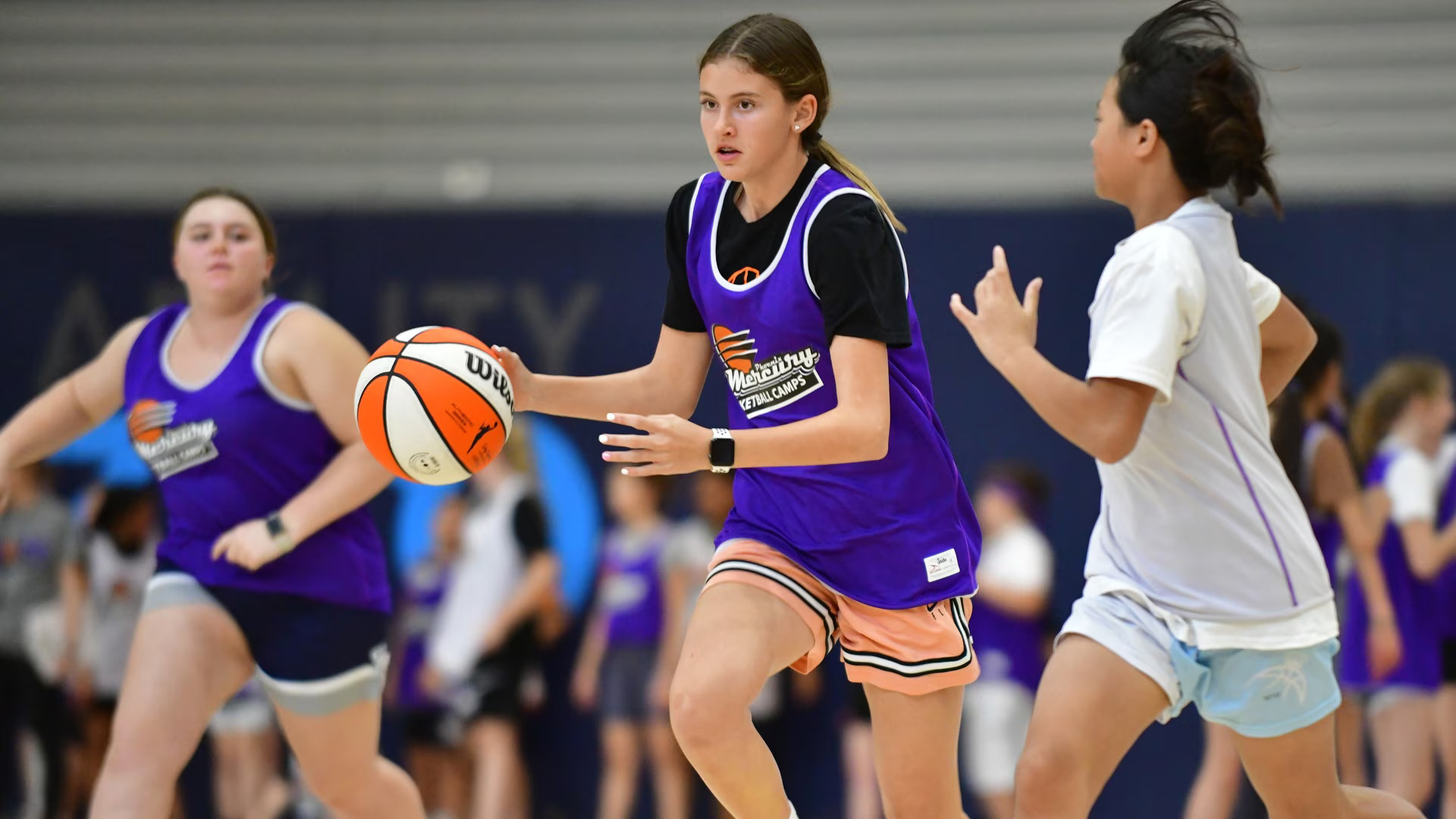[mkdf_dropcaps type=”normal” color=”#f55549″ background_color=””]W[/mkdf_dropcaps]
ith 2020 a year like no other, it is difficult to determine the trajectory the sports industry will follow as a result of the COVID-19 pandemic.
Multinational professional services network, Deloitte, have identified in their 2020 sports industry outlook report, five trends which, according to the report, would “dominate and disrupt the sports industry over the next 12 months”.
The rise of women’s sports was the first trend.
Australian road cyclist, Bridie O’Donnell, told Ministry of Sport in her Women In Sport presentation that the stories of women in sport often “aren’t always told as well as they could be, or as frequently as they could be” and that “you can control the contribution that you make”.
With the continued growth of the Women’s National Basketball Association (WNBA), and the 2019 Women’s World Cup having the highest number of LGBTQ players ever to participate in the event, sport is more diverse than ever before.
Leagues are beginning to view women’s sports as a platform for inclusion, creating new openings for new leagues and franchises, sponsorships, and increased fan bases.
The continued evolution of esports was the second predicted trend; Deloitte’s report stated that this year, the global esports market was expected to generate $1.5 billion in annual revenue.
With an estimated global audience of 600 million fans, Deloitte expects esports to “continue its rapid evolution”.
These predictions however were short-lived, with the pandemic having thrown a spanner in the works of annual esports revenue and viewership.
The legalisation of sports betting came next; after several US states legalised sports betting in 2018, betting was expected to influence the future of the sports industry in a big way.
Betting was predicted to offer great potential for sponsorship deals, and boost fan engagement levels.
College athletes maximising their short-term value was the next predicted trend; with the Fair Pay to Play Act having been signed in September of 2019.
This would enable college athletes to hire agents and partake in endorsement deals.
In the light of COVID-19 however, a greater sense of urgency has been created, with players eager to receive income.
Scheduled to take effect as of 2023, the plan was predicted to provide players with more empowerment and offer athletes an incentive to stay in college, rather than go professional prematurely in order to earn income.
Lastly was the effect the 2020 introduction of 5G would have on sports and was predicted by Deloitte to increase the prevalence of online betting.
Also predicted to revolutionise in-stadium experiences through better quality picture, Deloitte predicted that 5G would allow streaming providers to offer a more immersive experience to fans.
While these trends were expected to pave the way for the future of sport, given the current state of turbulence in the industry, what the future of sport will look like is anyone’s guess.







